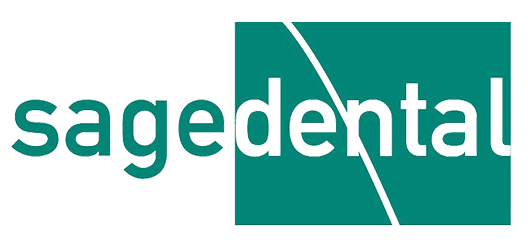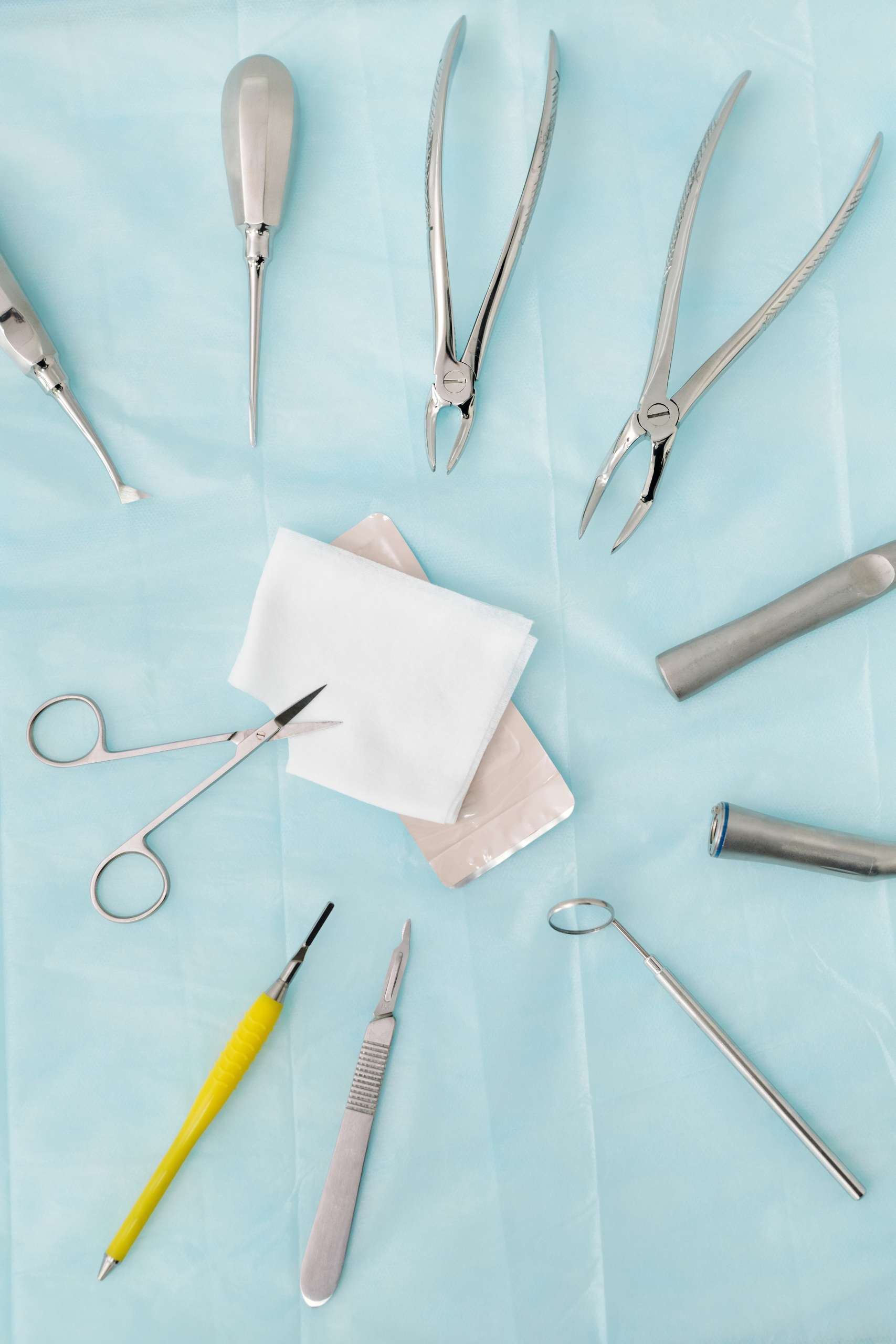Things to Avoid After Tooth Extraction
After a tooth extraction, proper aftercare is essential to ensure a smooth and successful recovery. It’s important to follow your dentist’s instructions carefully to avoid any complications and minimize discomfort during the healing process. In this article, we’ll provide you with a comprehensive guide on the things that you should avoid after a tooth extraction to ensure a successful recovery.
Tooth extractions are common dental procedures that involve removing a tooth from its socket in the bone. This procedure may be necessary due to various reasons, such as decay, damage, or overcrowding. After a tooth extraction, the healing process can take several days to weeks, and it’s important to take good care of your mouth and teeth during this time.
In this article, we’ll cover the different activities, foods and drinks, medications and supplements, oral care tips, and common mistakes to avoid after a tooth extraction. With this, you can help ensure a smooth and successful recovery after your dental extraction.
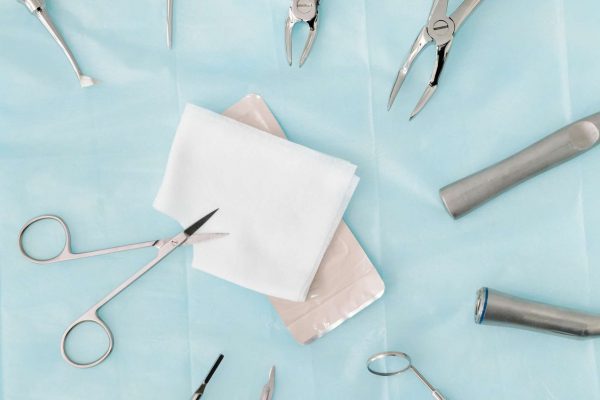
Activities to Avoid
Following a tooth extraction, it’s important to avoid certain activities that could interfere with the healing process and increase the risk of complications. Here are some activities that you should avoid after a tooth extraction:
1. Strenuous exercise
Avoid any strenuous physical activity or exercise for at least 24 hours after your tooth extraction. Vigorous exercise can increase blood flow to the extraction site, which can cause bleeding and delay the healing process. After 24 hours, you can gradually resume your regular exercise routine but avoid any activities that cause pain or discomfort in the extraction site.
2. Smoking and tobacco use
Smoking or using any tobacco products can delay the healing process and increase the risk of complications such as dry socket. Dry socket is a painful condition that occurs when the blood clot that forms in the socket after a tooth extraction becomes dislodged or dissolves before the socket has a chance to heal. If you smoke, it’s important to quit or at least avoid smoking for at least 24 hours after your tooth extraction.
3. Drinking from a straw or spitting forcefully
Drinking from a straw or spitting forcefully can create a suction effect in your mouth, which can dislodge the blood clot in the extraction site and delay the healing process. It’s important to avoid using a straw or spitting forcefully for at least 24 hours after your tooth extraction.
4. Touching or disturbing the extraction site
Avoid touching or disturbing the extraction site with your tongue or fingers, as this can delay the healing process and increase the risk of infection. Try to keep your tongue away from the extraction site and avoid poking or prodding it with your fingers. If you experience any discomfort or pain in the extraction site, contact your dentist for advice on how to manage it.
Avoiding these activities can help ensure a smooth and successful recovery after your tooth extraction. Your dentist will provide you with specific instructions on how to care for your mouth and teeth during the recovery period, so make sure to follow them carefully.
Choosing the Right Denture
What you eat and drink after a tooth extraction can also affect the healing process. Certain foods and drinks can cause irritation, discomfort, or even damage to the extraction site. Here are some foods and drinks that you should avoid after a tooth extraction:
1. Hard, crunchy, or chewy foods
Foods that are hard, crunchy, or chewy can be difficult to eat and may cause irritation or damage to the extraction site. It’s best to avoid these types of foods for the first few days after your tooth extraction. Examples of hard, crunchy, or chewy foods to avoid include popcorn, nuts, chips, pretzels, and tough meats.
2. Hot or cold beverages
Drinking hot or cold beverages can cause sensitivity and discomfort in the extraction site. It’s best to avoid drinking any hot or cold beverages for the first few days after your tooth extraction. Room temperature or lukewarm beverages are a better choice during this time.
3. Alcohol
Drinking alcohol after a tooth extraction can increase the risk of bleeding and delay the healing process. It’s best to avoid alcohol for at least 24 hours after your tooth extraction, or as advised by your dentist.
4. Spicy or acidic foods
Spicy or acidic foods can cause irritation or discomfort in the extraction site. It’s best to avoid these types of foods for the first few days after your tooth extraction. Examples of spicy or acidic foods to avoid include hot sauce, citrus fruits, tomato sauce, and vinegar-based dressings.
It’s important to remember that proper nutrition is essential for a successful recovery after a tooth extraction. Make sure to drink plenty of water and consume a well-balanced diet to promote healing and prevent complications. If you have any concerns about what foods or drinks to consume after your extraction, contact your dentist for guidance.
Medications and Supplements to Avoid
It’s essential to avoid certain medications and supplements that can interfere with the healing process and increase the risk of complications following a tooth extraction. Here are some medications and supplements that you should be aware of and avoid after a tooth extraction:
1. Blood-thinning medications
If you are taking any blood-thinning medications like aspirin, warfarin, or clopidogrel, it is important to inform your dentist before your tooth extraction. These medications can increase the risk of bleeding during and after the procedure. Your dentist may advise you to stop taking these medications or adjust your dosage before your extraction.
2. Certain pain medications
Some pain medications like ibuprofen and aspirin can increase the risk of bleeding after a tooth extraction. Your dentist may recommend alternative pain medications like acetaminophen or prescribe a specific pain medication to manage your pain.
3. Herbal supplements or remedies that may interfere with healing
Certain herbal supplements or remedies, such as garlic, ginger, or ginkgo biloba, can interfere with the healing process and increase the risk of bleeding or other complications. It is essential to inform your dentist if you are taking any herbal supplements or remedies before your tooth extraction.
Always consult with your dentist or doctor before taking any medications or supplements after a tooth extraction. They can advise you on the best course of action to ensure a smooth and successful recovery. If you experience any unusual symptoms or side effects after taking a medication or supplement, contact your dentist or doctor immediately.
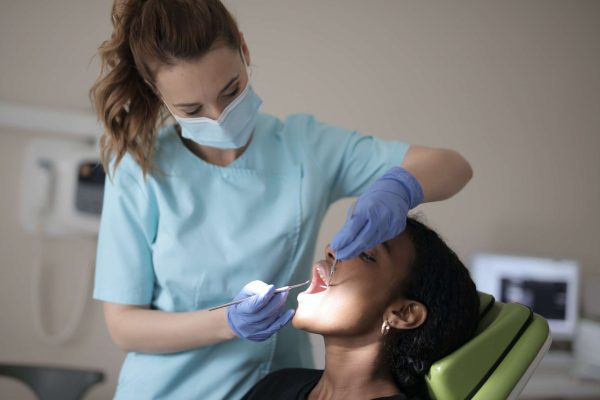
Oral Care Tips for After Extraction
Proper oral care after a tooth extraction can help prevent infection, promote healing, and minimize discomfort. Here are some oral care tips to follow after your tooth extraction:
1. Brushing and flossing around the extraction site
It’s important to continue brushing and flossing your teeth as usual, but be gentle around the extraction site. Use a soft-bristled toothbrush and be careful not to brush or floss too hard, which can irritate the extraction site and delay healing. Avoid brushing the extraction site directly for the first few days after your extraction.
2. Rinsing with salt water
Rinsing your mouth with warm salt water can help soothe the extraction site and promote healing. Mix a teaspoon of salt in a glass of warm water and swish the solution around your mouth for 30 seconds before spitting it out. Repeat this process several times a day, especially after meals.
3. Avoiding mouthwash or other harsh oral care products
Avoid using mouthwash or other harsh oral care products that contain alcohol or other chemicals that can irritate the extraction site. Stick to gentle products like warm salt water, and check with your dentist before using any other oral care products.
4. Using a cold compress
If you experience swelling or pain in the extraction site, you can use a cold compress to help reduce inflammation and relieve discomfort. Apply a cold compress to your cheek for 10-20 minutes at a time, with breaks of at least 10 minutes in between. Repeat this process several times a day as needed.
It’s important to follow these oral care tips to promote healing and prevent infection after a tooth extraction. If you experience any pain, swelling, or signs of infection, contact your dentist immediately for further guidance.
Common Mistakes to Avoid
After a tooth extraction, it’s important to take proper care of your mouth and follow your dentist’s instructions to ensure a smooth and successful recovery. Here are some common mistakes that you should avoid after a tooth extraction:
1. Skipping follow-up appointments
It’s important to attend all scheduled follow-up appointments with your dentist after a tooth extraction. These appointments allow your dentist to monitor your healing progress and ensure that there are no complications or infections. Skipping appointments can delay your recovery and increase the risk of complications.
2. Ignoring signs of infection or other complications
It’s essential to pay attention to any signs of infection or other complications after a tooth extraction, such as pain, swelling, bleeding, or fever. Ignoring these signs can delay treatment and increase the risk of more severe complications. If you experience any of these symptoms, contact your dentist immediately for further guidance.
3. Not taking prescribed medication as directed
If your dentist prescribes any medication, such as painkillers or antibiotics, it’s important to take them as directed. Not taking medication as directed can delay your recovery and increase the risk of complications. If you experience any side effects or have concerns about your medication, contact your dentist for guidance.
By avoiding these common mistakes and following your dentist’s instructions carefully, you can help ensure a smooth and successful recovery after your tooth extraction. If you have any questions or concerns about your recovery or post-operative instructions, do not hesitate to contact your dentist for advice and guidance. Your dentist is your best resource to help you navigate the healing process and ensure a speedy and successful recovery.
Conclusion
Proper aftercare is essential for a smooth and successful recovery after a tooth extraction. By following the tips outlined in this article, you can help ensure that your recovery is as smooth and comfortable as possible. Remember to avoid strenuous activities, smoking, and certain foods and drinks that could interfere with the healing process.
Be sure to take any prescribed medication as directed, and follow your dentist’s instructions for post-extraction oral care. Finally, be aware of common mistakes to avoid, such as skipping follow-up appointments, ignoring signs of infection or other complications, and not taking prescribed medication as directed.
If you experience any pain, swelling, or signs of infection after your tooth extraction, it’s important to contact your dentist immediately for guidance. With proper aftercare and close attention to your recovery, you can help ensure a successful and speedy recovery after your tooth extraction.
YOUR DENTIST FOR Extractions IN WALL TOWNSHIP, New Jersey
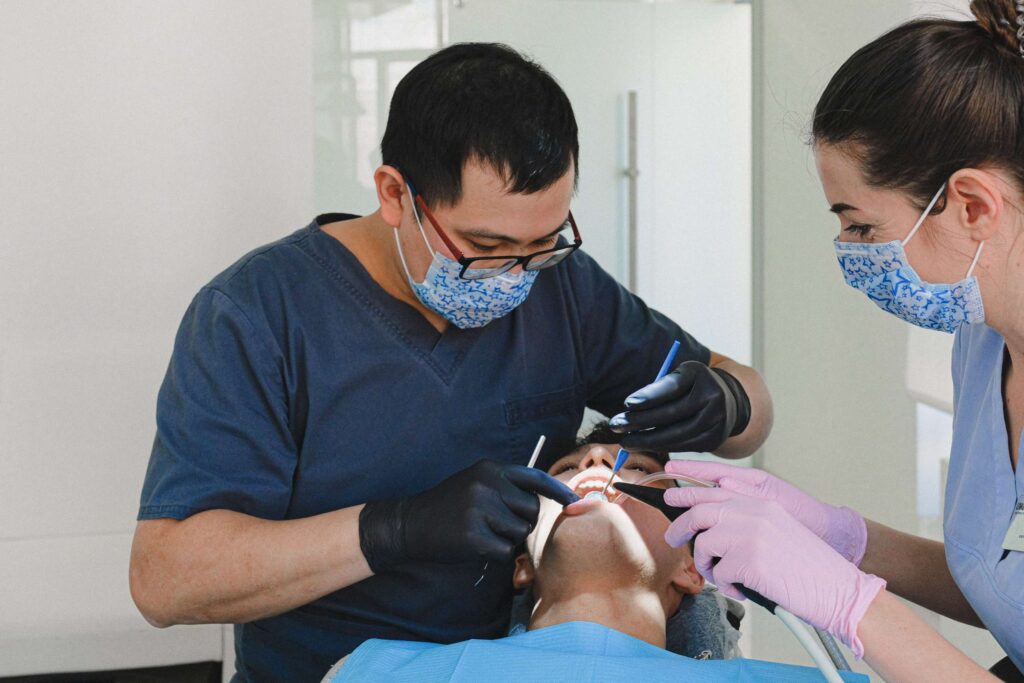
Looking for extractions near you in Wall Township?
Visit Dr. Avi Israeli of Sage Dental and Spa to get your dental extraction and have a smooth recovery.
